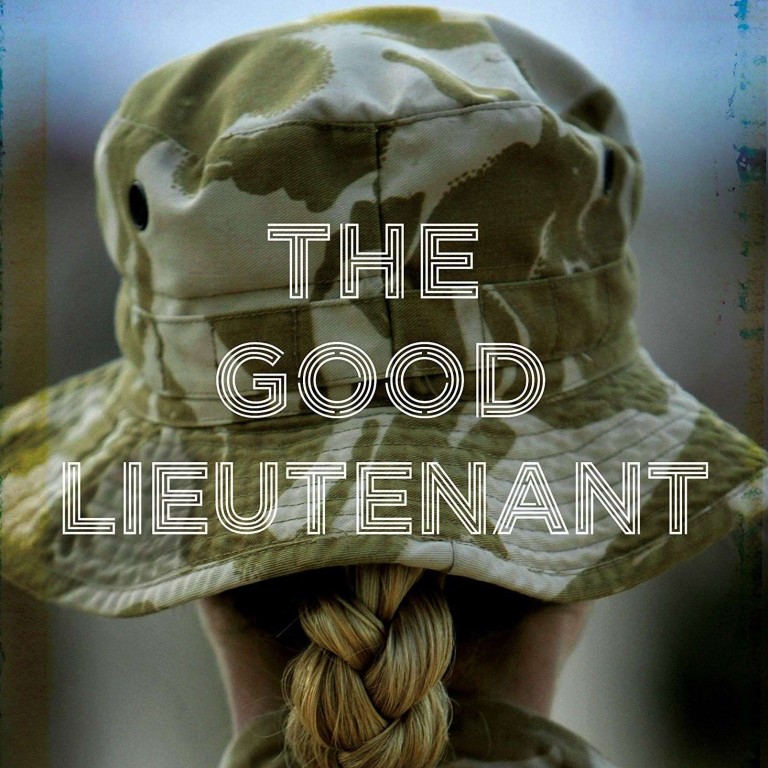
Review | Whitney Terrell’s The Good Lieutenant distorts truth and belief
The novel unfolds backwards, revealing a moving, vivid portrait of war from a former embedded journalist

by Whitney Terrell
Picador
What is it about war and backwards novels? Martin Amis’ Time’s Arrow flew in reverse to convey the atrocity of Nazi doctors’ experiments. Sarah Waters’ The Night Watch was the literary equivalent of a bomb un-exploding. Set and reset during the 21st century war in Iraq, The Good Lieutenant begins in finis res with Lieutenant Emma Fowler attempting to recover a fallen colleague, Sergeant Carl Beale, in perilous back country, west of Baghdad. “Yes, the war was f***ed up,” she notes. The central question that emerges from the fallout: who is responsible? Fowler remembers something her brother said: “Let somebody else worry about what’s supposed to be true. That way you can figure out what you really believe.’” The spectres of truth and belief distort Fowler’s story the moment Terrell hits rewind, returning his cast back to Kansas. We trace the uncertainties of Fowler’s relationship with fellow soldier Dixon Pulowski, witness the methods, verging on torture, employed at vital moments, and learn the motivations of Iraqis working for the Americans. The third novel by journalist Whitney Terrell (who was embedded with invading American forces), The Good Lieutenant is good indeed: as moving about life as it is vivid about war.

